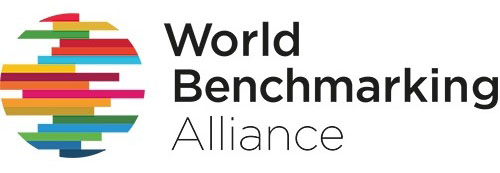In a strategic partnership with ACT founders CDP and ADEME, the World Benchmarking Alliance is developing the Climate & Energy Benchmarks to accelerate the global decarbonisation and energy transformation.
By operationalising the Assessing low-Carbon Transition methodologies, this benchmark measures and ranks keystone companies across high-emitting industries, including automotive, electric utilities, and oil and gas. WBA’s Climate & Energy Benchmark will rank 450 keystone companies in high-emitting sectors and will be updated on an iterative basis.
Here are some key data from companies’ ACT Assessments conducted by the WBA. Select a company in the drop-down below to find out more about its ACT indicators performance.

Performance score
Narrative score
Trend score
Company presentation
The performance score ranges from 1 to 20 and is the weighted average of all indicators that are developed for a particular sector. Each module and individual indicator has a separate weight that is determined per sector.
The assessment narrative score ranges from A to E and is the second output of an ACT Assessment. It is supplemented by external data from sources such as reputation platforms, news sources, financial data.
The trend score is either +, = or – and is an output mode that attempts to use all relevant forward-looking information gathered through the ACT Assessment to provide a judgement on whether the assessor expects the company to move closer, farther away, or remain equal to its current path.
Companies' ACT Performance Score

The ACT performance score is made up of key indicators over nine modules to answer the key question “What does a company propose to do to transition to a low-carbon future?” A particular focus is given to companies targets and how it proposes to reach these targets. In addition, ACT assesses a company’s performance across the following modules:
- material investments;
- intangible investments;
- sold product performance;
- management;
- business model.
ACT also assesses aspects that a company influences indirectly:
- policy engagement;
- supply chain engagement;
- customer engagement.
More about the rationale behind the ACT modules can be found in the ACT Framework and in the ACT Sector Methodologies Development.
Companies' ACT Target Module Score

Companies' ACT Performance Score

The company results against ACT performance score which is made of 9 modules answering the key question “what does a company propose to do to transition to a low-carbon future”? A particular focus is given to companies targets and how it proposes to reach these targets. Therefore ACT assesses core business performance:
- material investments;
- intangible investments;
- sold product performance;
- management;
- business model.
ACT also assesses aspects that a company influences indirectly:
- policy engagement;
- supply chain engagement;
- customer engagement.
More about the rational behind ACT modules in the ACT Framework and in the ACT Sector Methodologies Development.
Companies' ACT Target Module Score



